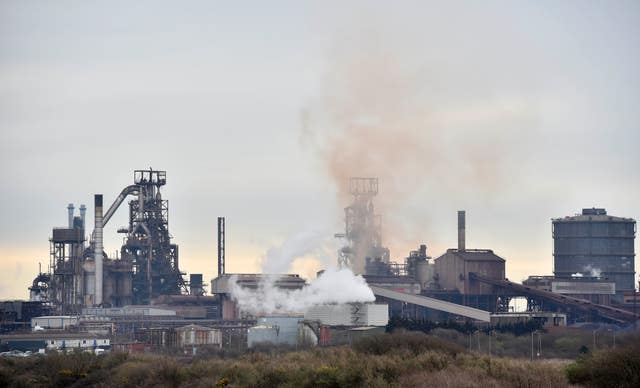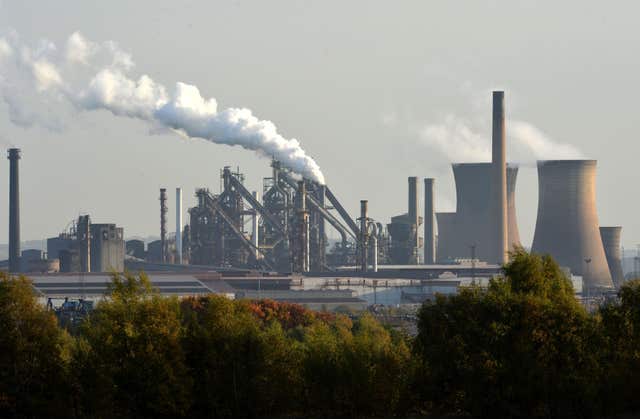Government urged to take action amid ‘worrying’ air pollution levels across UK
Dozens of UK towns and cities have levels of air pollution above World Health Organisation limits

The Government has been urged to take action after a new report suggested dozens of UK towns and cities suffer from unsafe levels of air pollution.
Port Talbot in south Wales is listed as the most polluted area in the country, one of 31 places across the UK which exceeded levels of fine particle pollutants known as “PM2.5” deemed safe by the World Health Organisation (WHO) in 2015.
The tiny particles, which come from sources such as transport, industry, coal plants and burning wood, fuels or waste, are linked to conditions including stroke, heart disease, lung cancer and disease, and respiratory infections.

Clean air campaigners called for the UK Government, which has faced legal action over its failure to meet legal targets on another air pollutant nitrogen dioxide, to take steps to stop people breathing dirty air.
Environmental law charity ClientEarth chief executive James Thornton said: “These new statistics show a worrying level of this dangerous air pollution across the country.
“People shouldn’t have to breathe air on a daily basis which the WHO deems unhealthy.”
Levels of PM2.5 particles in the air in Port Talbot were recorded as 18 micrograms per cubic metre in 2015, nearly double the WHO recommended limit of 10.
Other cities including London, Nottingham and York were also above safe levels in 2015.
Some towns and cities did not have figures for 2015, but had breached the recommended limits in the most recent year data was available, including Manchester, Scunthorpe, Liverpool and Salford, the figures show.

“Action to reduce the toxic particles in the air we breathe can no longer be delayed.
“How much more evidence do we need to see before the Government sets new legal limits on pollution levels to protect the nation’s lung health?”
Simon Gillespie, chief executive of the British Heart Foundation, said: “The UK Government needs to show leadership by adopting WHO air quality guidelines into national legislation and in doing so, help to protect the nation’s heart and circulatory health.”
Professor Kevin McConway, emeritus professor of applied statistics at the Open University, said while there was a need to take action on air pollution in richer cities such as London, the problem was far greater in other parts of the world.
Data from 2012 shows the UK death rate for air pollution was well below the European average, and only a fifth of levels seen in India and a sixth of that in China, he said.
“We must not be complacent about UK air pollution, but in global terms, things really aren’t at all bad here,” he said.
A Defra spokesman said: “While air quality in the UK has improved significantly since 2010, this report from the WHO clearly shows the impact air pollution is having on the health of men women and children in the UK and across the world.
“Tackling this important issue is a priority for this government which is why we have a £3.5 billion plan to improve air quality and reduce harmful emissions and will set out further actions through a comprehensive Clean Air Strategy later this year.”





